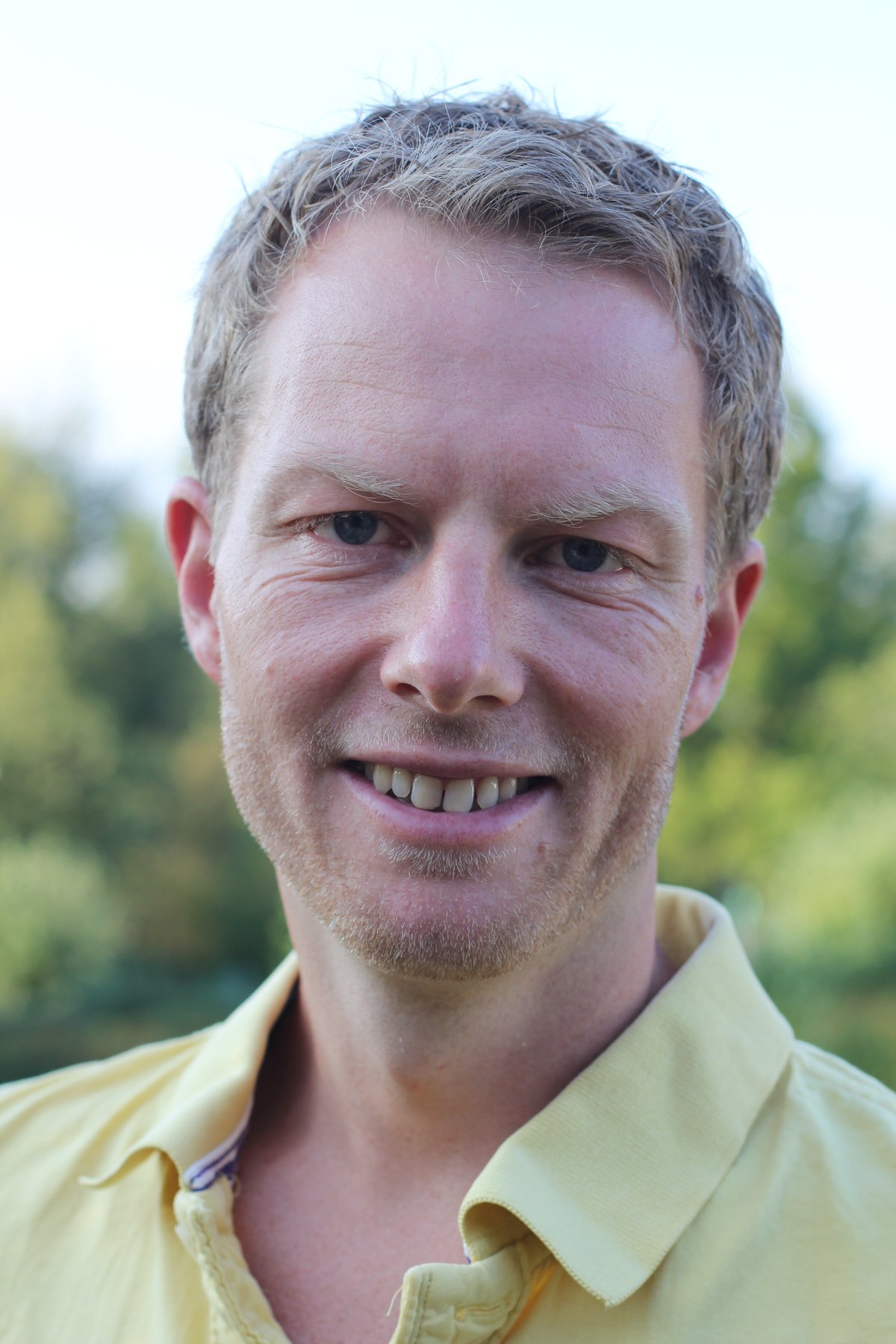
Despite uncertainties in the magnitude of expected global warming over the next century, one consistent feature of extant and projected changes is that Arctic environments are and will be exposed to the greatest warming. Concomitant with such large abiotic changes, biological responses to warming at high northern latitudes are also expected to outpace those at lower latitudes. Melting of ice in the Arctic Ocean will amplify changes relative to the global mean and have strong repercussion on terrestrial systems as we move towards an ice-free Arctic ocean during summer. Unique insights can be derived from long-term records of ecological response to observed climate change but are particularly scarce from the Arctic. Large-scale spatial variation in ecological responses could mean that insights gained from single sites cannot be generalized. A better integration of space and time is critical since current knowledge about ecological responses to recent Arctic climate change is largely confined to single site studies.
This project brings together emerging data sets on species and community responses to climate change from multiple Arctic sites with a focus towards providing spatial predictions. The main taxonomic focus will be on selected species of terrestrial plants and arthropods since these organisms are particularly sensitive to climate change. Temporal variation in species distribution and key life history traits like phenology, body size and reproductive success will be used as indicators of ecological change at the population and species level, while species composition and richness will be used as indicator at the community level. The project aims to 1) estimate how temporal variation in population and sex-specific life history traits vary spatially and affect reproductive success and to 2) develop spatial models for community responses to future climate change in the Arctic. The project will be made possible through a combination of field campaigns, laboratory studies and synthesis of existing data using statistical and dynamic modelling techniques.
Project title:
Ecological responses to rapid climate change in the Arctic
Area of research:
Bioscience
Fellowship period:
1 Feb 2014 – 31 Jan 2015
Fellowship type:
Jens Christian Skou fellow

This fellowship has received funding from The Aarhus University Research Foundation.